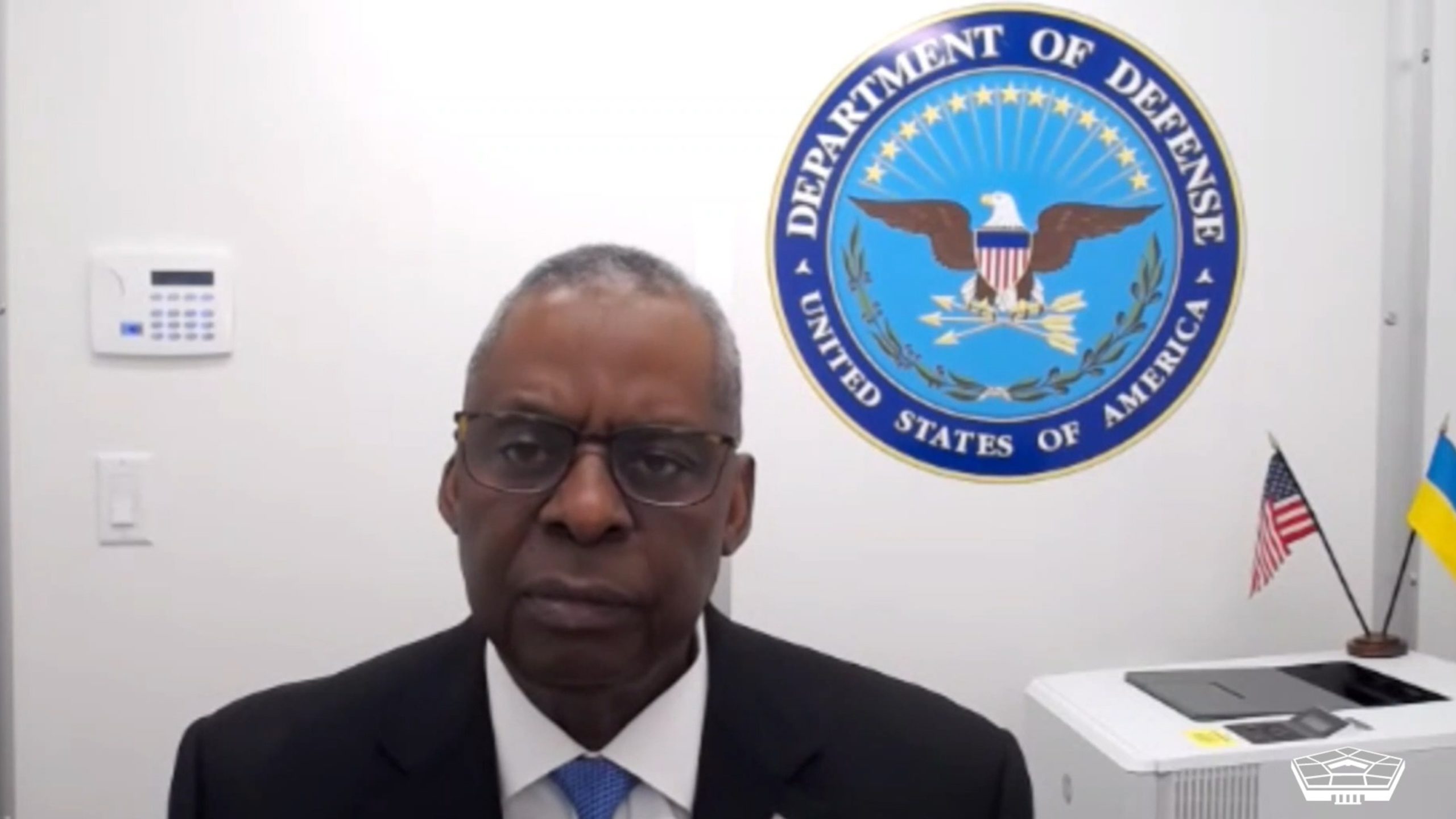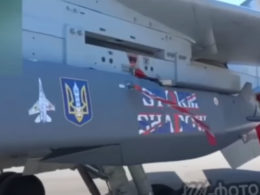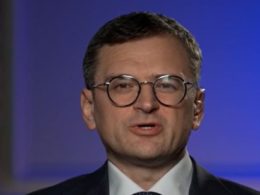On 23 January, the 18th meeting of the Ukraine Defense Contact Group took place via video conference. US Secretary of Defense Lloyd Austin called for the allied nations to "dig deep" to supply Ukraine with anti-air interceptors and systems, while NATO chief Jens Stoltenberg pledged the Alliance's support now and in the long term.
The Ukraine Defense Contact Group, or the "Ramstein Format Meetings," an alliance comprising some 50 nations, was formed to support Ukraine's defense by providing military equipment in response to Russia's full-scale invasion of Ukraine unleashed in February 2022. This US-led group coordinates the continuous contribution of military aid at monthly meetings.
The US has been Ukraine's biggest financial supporter amid Russia's invasion, yet the Pentagon has depleted Ukraine aid funds by the end of 2023, while the US Congress has been stalling the approval of new aid funding for months.
US urges nations to bolster Ukraine's air defenses, says secure Ukraine critical for global security
Addressing the meeting participants in his opening remarks, Austin, who made his first public appearance virtually since his release from a two-week hospitalization for complications from surgery, noted that Ukraine's fight against Russian aggression is "important for all of our countries." Austin says the defenders of Ukraine continue to inflict heavy losses on the "badly weakened and demoralized" Russian forces.
Underscoring the importance of Ukraine's struggle, the US Defense Secretary noted:
"Our support for Ukraine's struggle against tyranny makes all of our countries more secure," said Austin, later adding, "If we lose our nerve, if we flinch, if we fail to deter other would-be aggressors, we will only invite even more bloodshed and chaos. So, a sovereign and secure Ukraine is critical to global security."
After Russia resumed its massive missile attacks against Ukraine a month ago, the Secretary called for the allies to supply Ukraine with more air defense weapons and ammunition:
"I urge this group to dig deep to provide Ukraine with more lifesaving ground-based air-defense systems and interceptors," Austin said.
The Defense Secretary noted that Estonia, Germany, Latvia, Lithuania, the Netherlands, Norway, Sweden, and the United Kingdom have collectively pledged billions of dollars in additional military aid for Ukraine, marking significant commitments by these nations.
"We must continue to focus both on Ukraine's immediate battlefield needs, and on helping Ukraine to strengthen, modernize, and sustain its defense forces for the long haul," he said.





